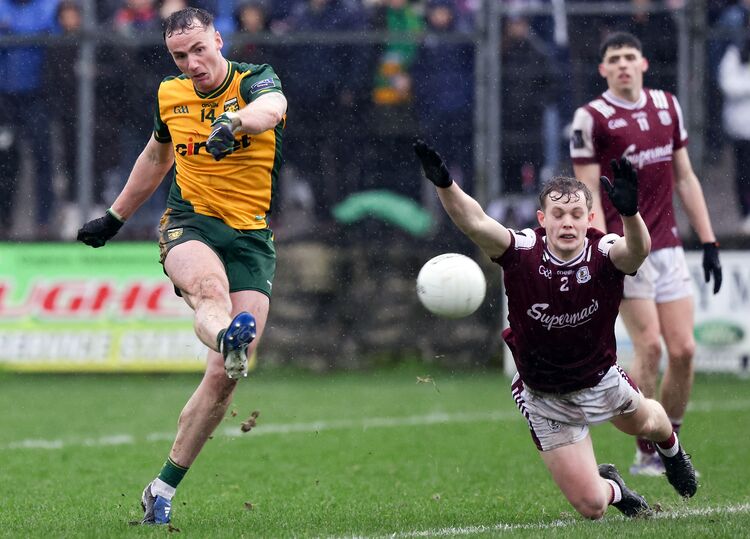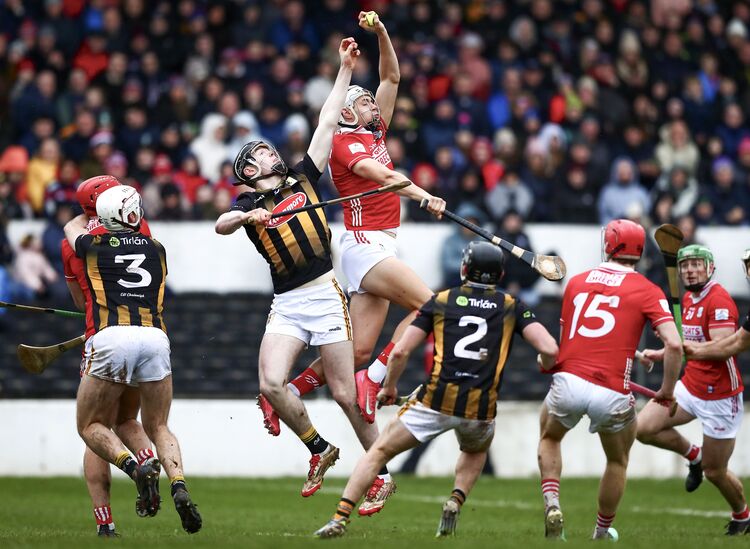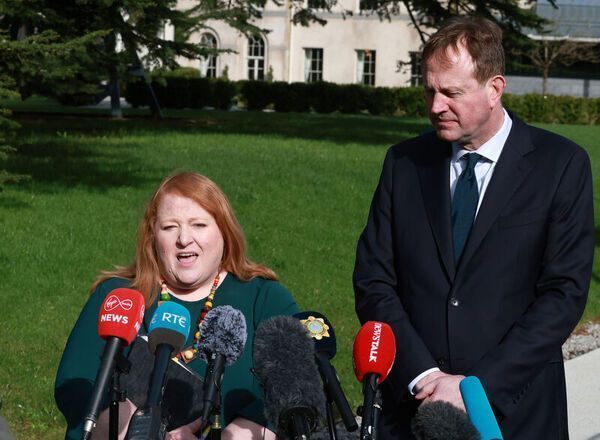[caption id="attachment_68839" align="aligncenter" width="600" caption="Roy Keane."]
Most Ipswich Town fans weren’t too concerned with the Roy Keane interview that obsessed the rest of the football world for much of last weekend. They were more interested in following the ongoing story of Jordan Rhodes. Last Saturday, Rhodes scored four for Huddersfield Town against Sheffield Wednesday, taking his League One tally for this season to 19 goals in 20 games and confirming the growing belief the 21 year old is one of the hottest properties in the game. Watching on from a distance, Ipswich supporters are still wondering why Keane sold Rhodes (back then a teenage wunderkind) during his time at Portman Road.
Even if Rhodes has yet to do it a higher level, it seems the Scottish international will get the chance to do so during next month’s January transfer window. At that point, the Ipswich faithful will be entitled to make their claim that selling Rhodes for an undisclosed fee is the worst piece of striking business since Daniel Sturridge left Manchester City. By then, the rest of the English media will take this as further evidence Keane was a terrible manager and will do more damage to his prospects of ever working at any half-decent club again. And all of that will be more than a little unfair.
Every manager makes mistakes. Alex Ferguson got rid of Diego Forlan and he went on to become the best player at the 2010 World Cup. Keane made mistakes when in charge of Ipswich but it shouldn’t detract from the rather remarkable job he did taking Sunderland from (almost) worst to first in that promotion season. Keeping them up was kind of impressive too. But, unfortunately, with this guy, objectivity goes out the window as people too often allow their judgments to be clouded by their opinions of his personality rather than his ability.
In this regard, he doesn’t always help himself. It’s already assumed that his outrageously entertaining rant in The Sunday Times is likely to cost him future managerial jobs, as club chairmen run shy of dealing with such a dogmatic character. Given that he’s admitted wanting to manage again, this is especially sad, especially when you see the warped way in which so many teams make appointments. Before Steve Kean has even been shown the door at Blackburn Rovers, Alan Shearer is rated the bookies’ favorite to take over. That would be the same Shearer who won one game out of eight during his ill-fated spell at Newcastle United.
In a football world that bizarre, the chances of Keane getting another Premier League job are reckoned to be long. Most of the smart money has him dropping down a division or two, or heading off to take over a lesser international side. Those are the only options you have when you are considered damaged goods. Never mind that Keane’s record at his first two clubs bears comparison with so many others (such as Alex Ferguson at East Stirling and St. Mirren, all those years ago), he must pay a price for being too outspoken and refusing to play the political game.
The truly sad thing here is the more Keane starts to resemble football’s Sinead O’Connor with his incessant opinionating, the more people are starting to unfairly revise the story of his playing career too. Younger readers might not believe this if they listen to English pundits but he was the most important player at Manchester United between 1993 and 2003. In that time, he was also the most influential individual in the Premier League. These are not opinions. These are not Cork-centric ravings. These are cold, hard facts. Look at the record. Watch the DVDs, listen to those who played against him.
Yet, Keane’s abrasive personality has ensured the history is already being rewritten so that, in some circles, Shearer is the greatest Premier League player of all time and Ryan Giggs (who many United fans wanted to run out of town a few years ago) is now regarded as the club’s most precious talisman ever. Again, the Corkman is being punished for his lack of bonhomie and his disinterest in schmoozing off the field.
His legion of critics have called him hypocritical for starting to work as a pundit for ITV after spending years mocking the former pros who went down that very road. He deserves some stick for that but what other options does a retired player have to keep their name out there in the spotlight, in a sport with an increasingly short attention-span. And if the television companies keep asking, which they always have, he’s entitled to change his mind at some point. The sight of him being suitably candid in front of the camera isn’t half as odd as some of the other places he’s cropped up of late.
In The Sunday Times interview, he mentions making a trip to Nigeria in the company of the great Marcel Desailly. An impressive duo. Quite an exotic journey too. Who was he willing to go all the way to Lagos for? UNICEF? UEFA? Eh, no, he was there for Guinness. A man has to earn a crust any way he can but for somebody who has quite correctly railed about the damage drink has done to so many players to be shilling for a brewery isn’t exactly what we might have expected at this juncture.
More intriguingly still, there were ads circulating last month, pointing out that Keane was scheduled to be one of the star guests at a sports memorabilia exhibition at the Birmingham NEC. For 80 quid a pop, punters could apparently get him to sign photographs or programs or shirts. Now, this autograph-signing business has become a lucrative part of the game in recent years but, come on, isn’t Keane the last person in the world anybody would have expected to be turning up at a shindig like that, alongside John McGovern, Tommy Smith, Trevor Francis, Andy Gray and others?
For Keane-watchers, these are strange yet, as always, compelling times.









